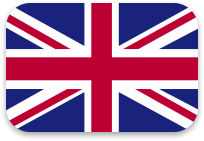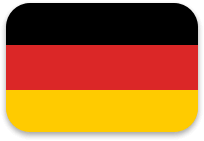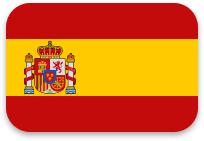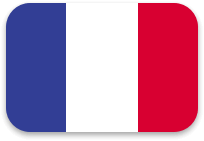Christmas markets date back to medieval times and are closely associated with Germany and Austria, where they first started before spreading across Europe. Nowadays, it's hard to imagine the holiday season without multiple markets making a mesmerizing Christmas village in every town or city center. The ones in Germany, such as the Munich Christmas markets or the ones in Frankfurt, feature some of the most popular themes appealing to locals and tourists alike.
Why Visit German Christmas Markets?
German Christmas markets boast a festive atmosphere that's worth experiencing. Their main benefits lie in their uniqueness on one hand and variety on the other. A one-day trip to a local Christmas fair is guaranteed to impress and delight. Other reasons to visit German Christmas markets include:
- Try tasty food and drinks, such as hot mulled wine and traditional German delicacies;
- Explore artisanal products that are not typically available to the large public in other contexts;
- Find one-of-a-kind gifts and souvenirs;
- Enjoy family-friendly activities. Many fairs include live concerts and performances suitable for the entire family.
When to Visit Christmas Markets in Germany
Check the specific dates for each location to get a schedule of local Christmas markets in Germany. To save time, look up the official local websites or search the location specifying Christmas fairs or markets.
Most of them open in late November and close in late December. The closing date varies from December 22 to December 30, between 11 am and 9 pm. The ideal time to visit is from November 25 to December 22. That is known as peak season, which gathers the most visitors. Locals who live within walking distance drop by Christmas markets daily, and tourists usually swarm around the stalls decorated with fairy lights.
Top 10 German Christmas Markets
Did you know that over 1,000 Christmas markets open every year in Germany? Each has its unique charm, depending on location and local traditions. From smaller markets in an old town to more impressive stalls in large cities, you are sure to find your favorite. Without further ado, let's dive right into the top X-mas markets in Germany.
Overview of the Best Christmas Markets
Each location is unique, from large markets in the city center to a few stalls in small towns. It represents the local traditions and offers gourmet treats and hot drinks for grown-ups and children. As a tourist, you can enjoy all the details of the main market in your favorite German town or explore several markets for a rich experience.
#1 Nuremberg Christkindlesmarkt
The famous character Christkind (Christ child), an angelic figure believed to bring gifts, opens the Nuremberg market for Christmas. The display features more than 180 stalls with locally created products and red-and-white decorations on the rooftops. Some of the most popular local gems include the “Prune Men” decorative figures, the traditional Nuremberg sausage, and the local” Lebkuchen” (gingerbread). In terms of beverages, one can taste Feuerzangenbowle, a variation of Glühwein that includes caramelized sugar and burning rum.
#2 Dresden Striezelmarkt
The fair in Dresden is one of the most popular Christmas markets. Dating back to 1434, it used to last one day only, with the sole purpose of providing meat for the holiday. Its name comes from "Strüzel" or "Stroczel" - the original name for the traditional German Christmas fruit bread, which later evolved into "Stollen." Its shape represents the entrance of a tunnel, in the spirit of the local mining history. The annual Stollen Festival culminates with a parade through the city.
#3 Frankfurt Market for Chrismas
One of the largest fairs in Germany, the one in Frankfurt, is set in front of the Römerberg and St. Paul's Square. It hosts over 200 stalls and a tall Christmas tree with thousands of decorations. The local version of mulled wine is prepared with apple cider (Apfelwein). The traditional marzipan cookies with almond decorations, Bethmännchen, are a must-try. Local choirs and orchestras have a tradition of performing for the Christmas fair.
#4 Munich Christkindlmarkt
Set up in Marienplatz, the Munich Christmas market features a 30-meter-tall (98.43 feet) Christmas tree. If you're after local souvenirs, ask about the "Münchner Kindl" figures representing the city's mascot. If you want to take memorable photos, the largest free-standing Advent calendar house in the entire Germany is there to guarantee spectacular visual effects. Delight yourself with daily concerts and consider Bavarian specialties such as "Weißwurst" (white sausage). Workshops for children are common, and the little ones can make Christmas ornaments, decorations, cards, and more.
#5 Cologne Cathedral Christmas Market
With the Cologne Cathedral in the background, the Christmas market offers impressive stage performances. From gospel choirs to new bands, the tunes blend in with the decorations. The unique "Heinzelmännchenbrunnen" fountain with the legendary Cologne gnomes is a picture-worthy setting. Local specialties include "Kölsch beer" (Cologne beer) and "Reibekuchen" (potato pancakes). A unique tradition is having a different artist design a limited edition of the Cathedral market mugs, which visitors can purchase.
Speak a new language with confidence!
Build fluency faster with FunEasyLearn — just 10 minutes a day is enough to make real progress.
#6 Leipzig Christmas Market
The Leipzig Christmas market has an old tradition traced back to 1458. The fair is organized into six main areas, hosting over 250 stalls and decorated with sparkling lights. You can visit a Finnish village display with a tepee (traditional tent) and Nordic specialties. You can see that section if you're more into a medieval theme. It abounds in historical crafts and snacks. Visitors who want to try local delicacies are invited to try "Leipziger Lerche" pastries made with real lark meat back in the day.
#7 Hamburg Historic Christmas Market
Hamburg's historic Rathaus (City Hall) hosts the coal Christmas market well worth visiting. There are many stalls where local artisans showcase their products and reveal how they craft them. Roasted chestnuts and holiday pastries are the preferred food. The "Flying Santa Claus" adds unique flair, flying with his reindeer over the Christmas market a few times daily. Families with children can visit the children's village, especially the carousel.
#8 Stuttgart Christmas Market
As one of the oldest and most impressive, the Stuttgart Christmas Market is ideal for enjoying the holiday atmosphere. Its ice rink around the Schlossplatz fountain is the main attraction, especially for kids. Traditional specialties such as "Maultaschen" (Swabian ravioli) and "Schupfnudeln" (potato noodles) are beloved by children and grown-ups, locals and tourists.
Another holiday gem is the Finnish Christmas village. The reindeer, salmon, and Finnish mulled wine create a unique atmosphere.
#9 Berlin Christmas Markets
The towering Christmas tree is the centerpiece of the fairytale-like holiday decorations. As a multinational city, Berlin hosts various Christmas markets influenced by many cultures. These markets offer an impressive mix of dishes, handmade gifts, and ornaments, appealing to a diverse audience. German Christmas musical performances are a tradition that is kept every year. Local artists proudly exhibit their art around Christmas.
Visitors to the different Christmas markets in Berlin can try traditional foods such as bratwurst, currywurst, and roasted almonds. The favorite sweet treats are Lebkuchen (gingerbread) and Stollen (fruit bread).
#10 Rothenburg ob der “Tauber Reiterlesmarkt” (Medieval Market)
Hosted in a medieval old town, the Rothenburg market has the famous mythical figure "Reiterle" as the main character. According to legends, the creature came from a different world, carrying the souls of the deceased during winter.
The Rothenburg Christmas market opens with a traditional Shepherd's dance. Every year, organizers and locals surprise visitors with original decorations while preserving the traditional look and feel.
The Town Hall windows are sometimes transformed into a giant Advent calendar, with the display changing daily. Artisans often sell traditional Franconian wood carvings. Among local delicacies, "Schneeballen" (Rothenburg snowballs) make the top of the charts.
Essential Phrases for Your German Christmas Market Trip
In preparation for a trip to German Christmas Markets, get equipped with a handful of words and expressions. Fruit bread and hot beverages are essential to get the full experience of a typical German market.
| German Word/Phrase | English Translation |
|---|---|
| Weihnachtsmarkt | Christmas market |
| Glühwein | Mulled wine |
| Lebkuchen | Gingerbread |
| Christstollen | Fruit bread |
| Bratwurst | Grilled sausage |
| Heißer Apfelsaft | Hot apple juice |
| Schmalzkuchen | Fried dough cakes |
| Weihnachtsdekoration | Christmas decorations |
| Kerzen | Candles |
| Holzschnitzereien | Wood carvings |
| Weihnachtskrippe | Nativity scene |
| Gebrannte Mandeln | Candied almonds |
| Maronen | Roasted chestnuts |
| Feuerzangenbowle | Flaming punch |
| Tannenbaum | Christmas tree |
| Adventskalender | Advent calendar |
| Weihnachtslieder | Christmas carols |
| Riesenrad | Ferris wheel |
| Zuckerwatte | Cotton candy |
| Krippenfiguren | Nativity figures |
| Kinderpunsch | Non-alcoholic mulled punch |
| Frohe Weihnachten | Merry Christmas |
Master German with FunEasyLearn
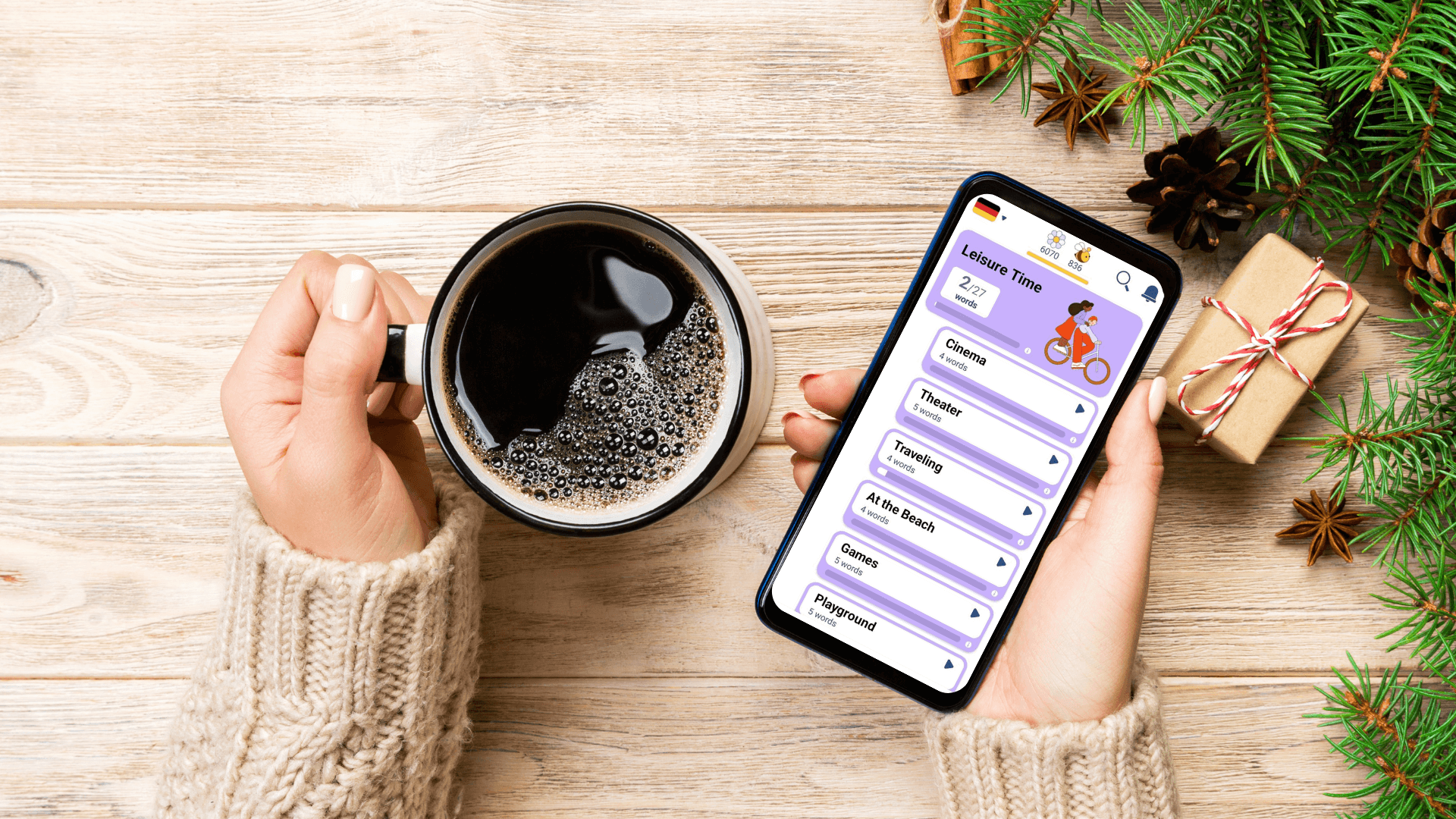
If you have ever considered learning German, consider FunEasyLearn. The award-winning application is ideal for exploring a new language at your own pace, anytime and anywhere. Available for both Android and iOS devices, the app is best known on the market as a robust vocabulary builder available for learners worldwide.
💪Build a Strong Vocabulary
Learn 6,000 German words and 5,000 phrases and expressions, organized into 350+ practical topics and subtopics. Start with daily conversations and progress through the 10 proficiency levels.
🎲 Enjoy an Interactive Learning Experience
Get daily challenges and play over 30 fun games that make language learning fun and effective. Improve retention with exercises following a spaced repetition pattern.
🔊 Learn from Native Speaker Pronunciation
How would you like to develop an authentic German accent? You can do that with FunEasyLearn. First, listen to accurate pronunciation recorded by native speakers in professional studios. And secondly, practice speaking with advanced speech recognition technology. Get immediate feedback and try again for the best results.
Get daily challenges in the app and play over 30 fun games that make language learning fun and effective. Exercises following a spaced repetition pattern improve retention.
Are you ready to learn German?

